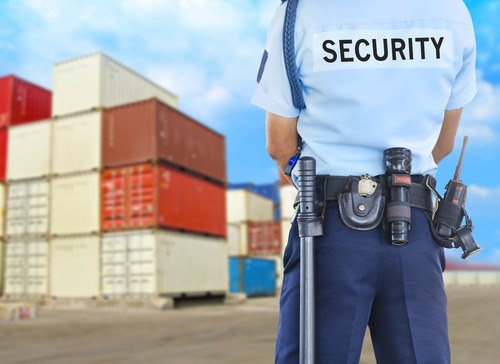
A bipartisan group of U.S. senators introduced legislation to address potential security risks in the Transportation Security Administration’s (TSA) efforts to protect rail, transit, highway and maritime passenger and freight transportation.
The bill, the Surface and Maritime Security Act (S. 763), specifically addresses concerns made by independent government watchdog agencies about the adequacy of TSA security measures for rail, transit, highway and maritime passenger and freight transportation. TSA has previously stated in testimony to Congress that it only uses three percent of its budget for security in surface transportation.
The bill was introduced on March 29 by U.S. Sens. John Thune (R-SD), chairman of the Senate Committee on Commerce, Science, and Transportation, Bill Nelson (D-FL), committee ranking member, Deb Fischer (R-NE) and Cory Booker (D-NJ), respective chairman and ranking member of the Subcommittee on Surface Transportation and Merchant Marine Infrastructure, Safety and Security.
“While much attention has been focused on bolstering security at our airports – train stations and seaports also remain attractive targets for terrorists,” Nelson said. “That’s why we must do more to close security gaps and add new canine teams to help deter attacks at all vulnerable transportation hubs before they happen. We can’t afford to leave any stone unturned.”
Measures highlighted in S. 763 include enhanced risk-based security planning, authorization of as many as 70 additional canine explosive detection teams, increased transparency, and computerized vetting systems for passenger rail security.
“To keep Americans safe, Congress must continually focus attention on areas of neglect and potential weakness to keep them from becoming targets for terrorism,” Thune said. “The Commerce Committee will soon vote on these important reforms for the TSA.”